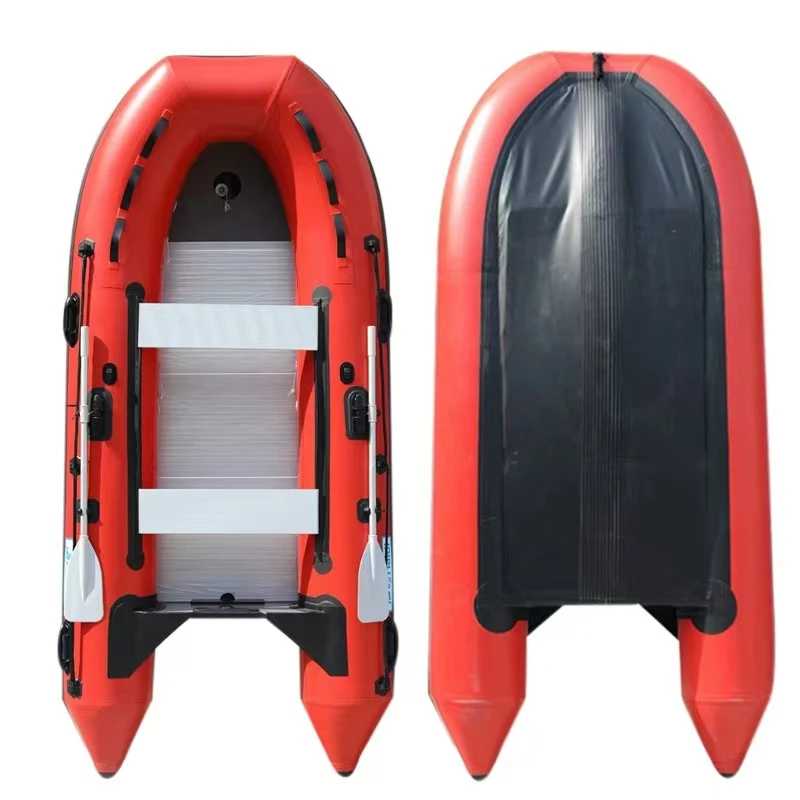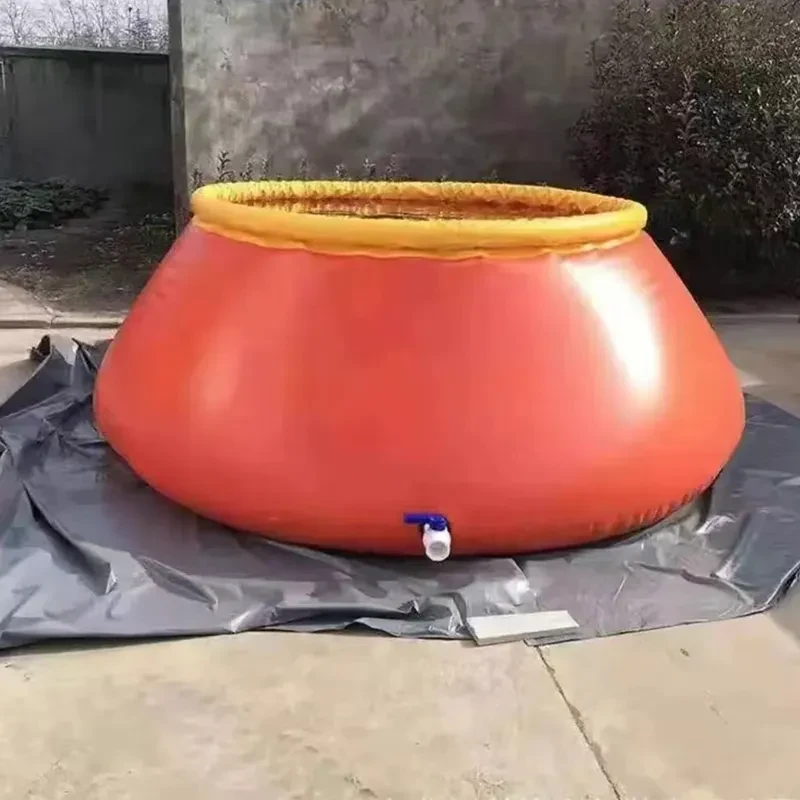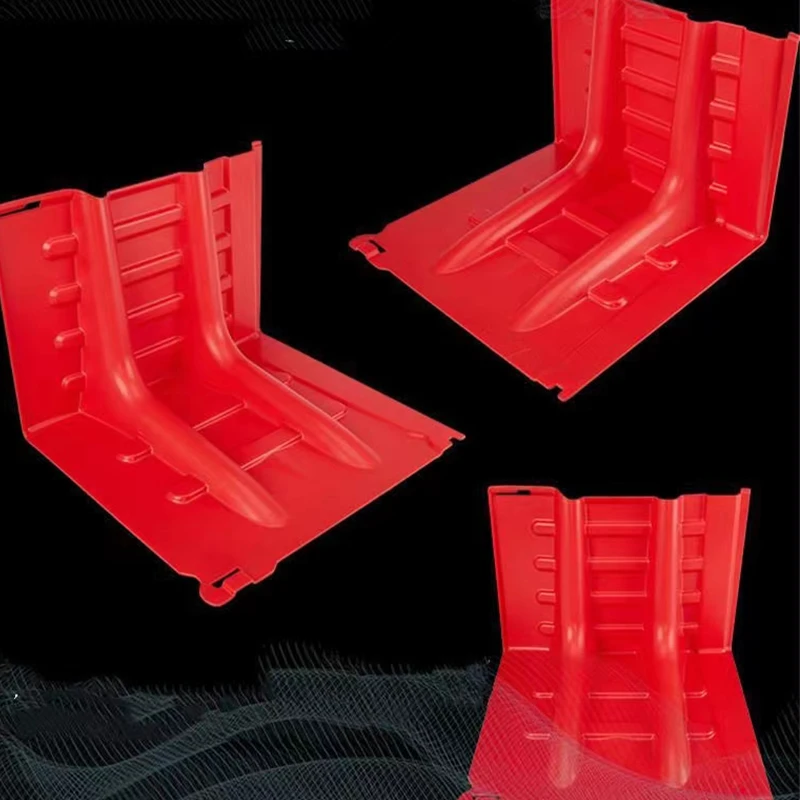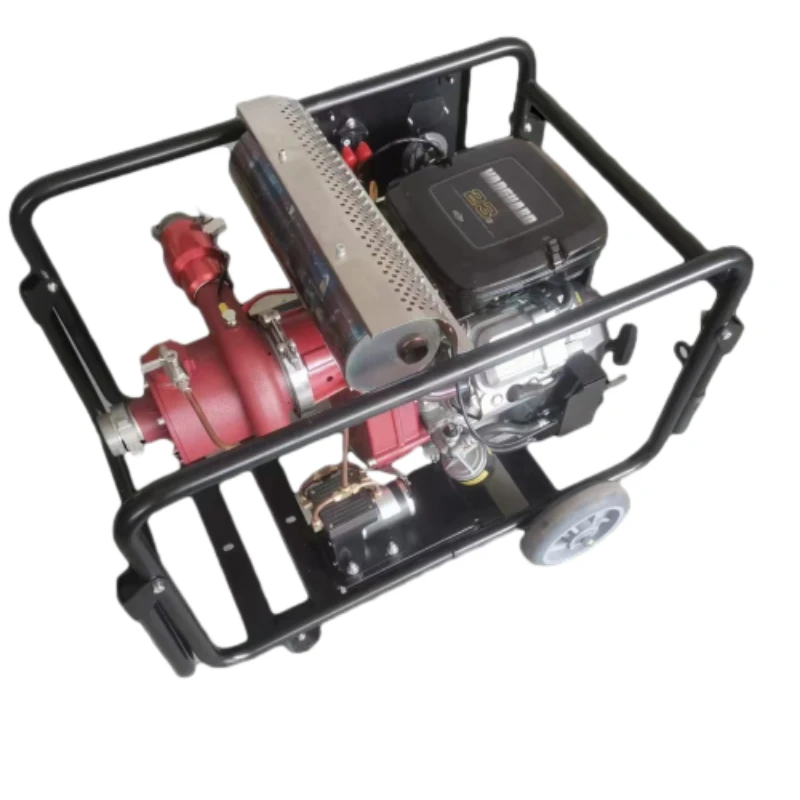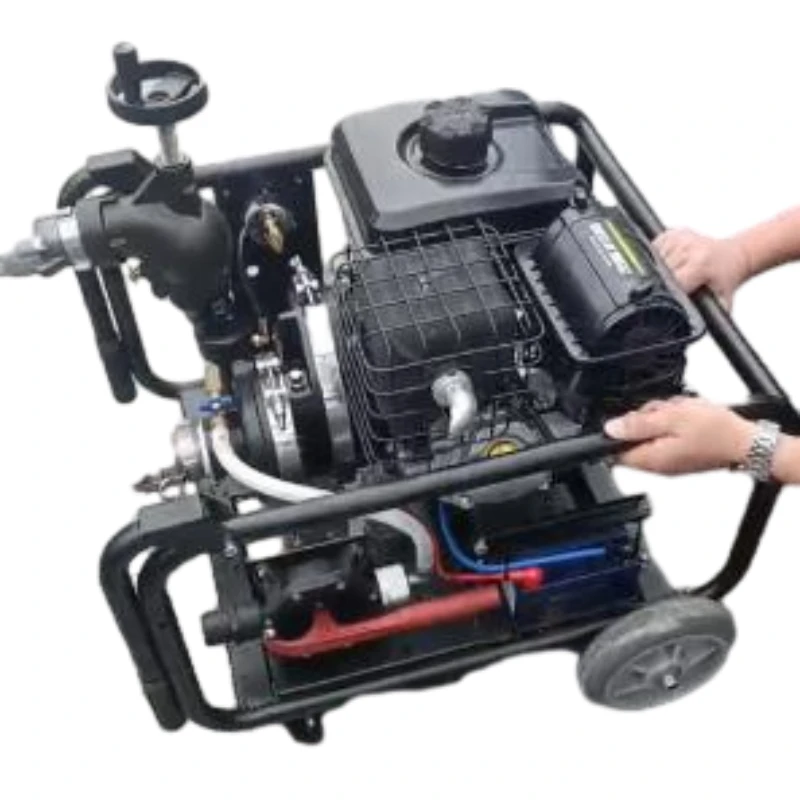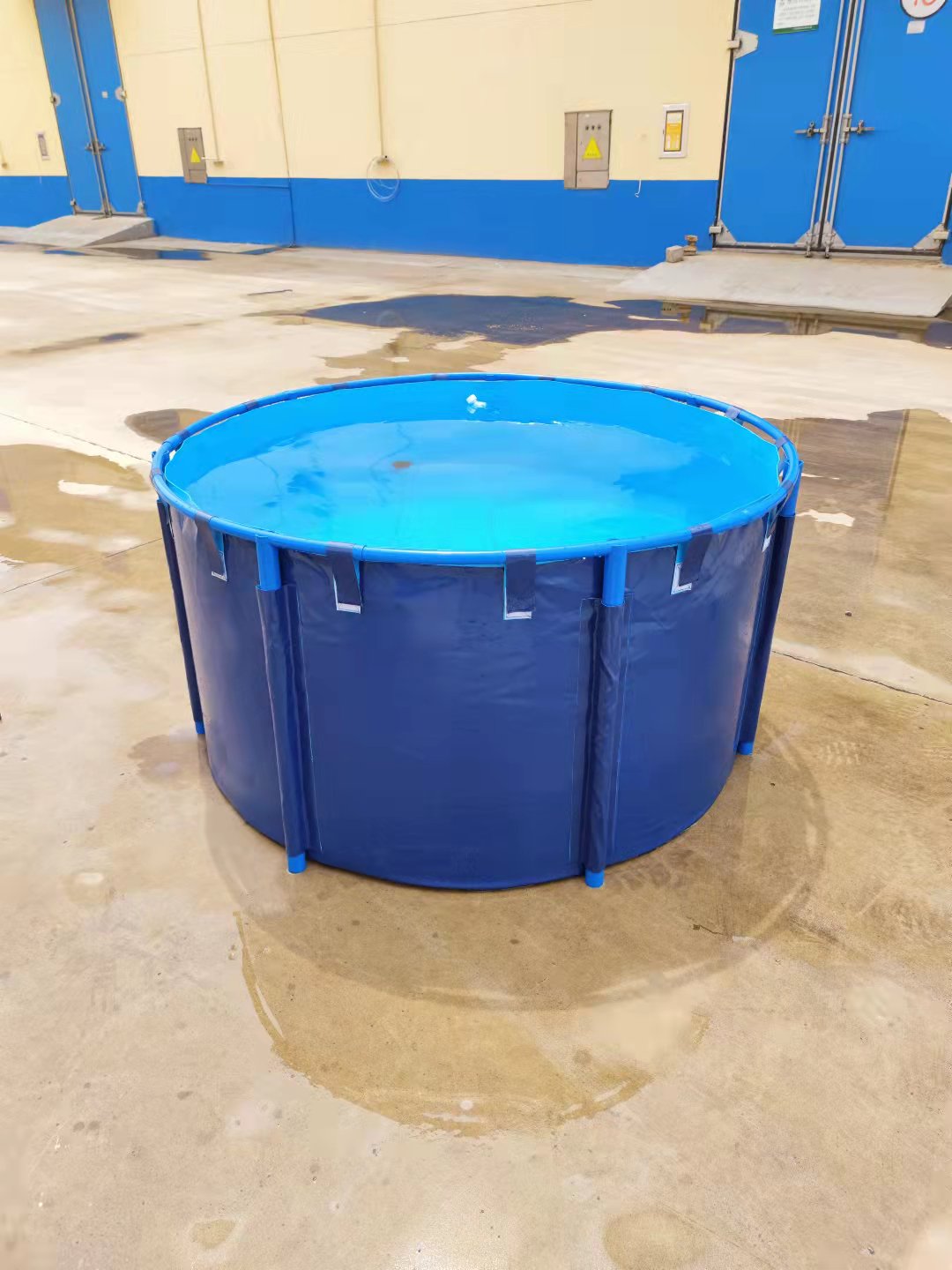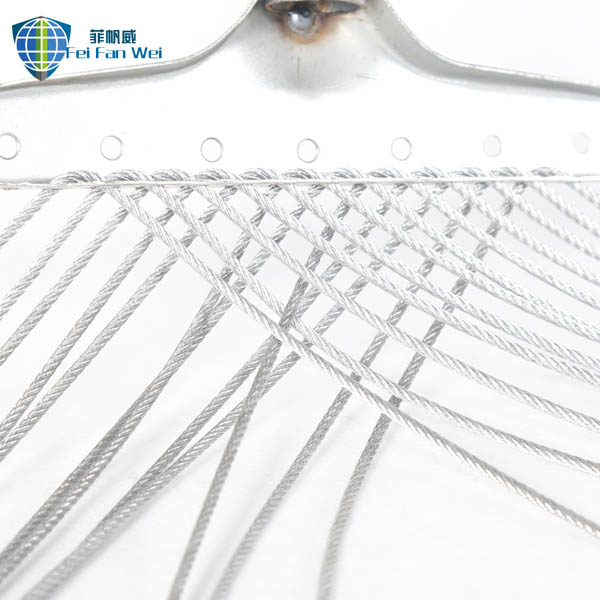Field Notes on a Workhorse: [Drip Torch(1L] for Prescribed Fire and Wildland Ops
If you’ve spent time on burn crews, you already know: a solid drip torch is worth its weight in calm nerves. This red, powder-coated aluminum unit comes out of No.118 Youyi Street, Xinhua Dist., Shijiazhuang City, Hebei Province, China, and—honestly—it feels built for punishment. The safety loop is spaced from the flame path, the screw-type vent valve breathes from the bottom (no vacuum stall), and the fiberglass wick lights reliably. The “hand lifting” handle? Good balance even when your arm is smoked out and tired.
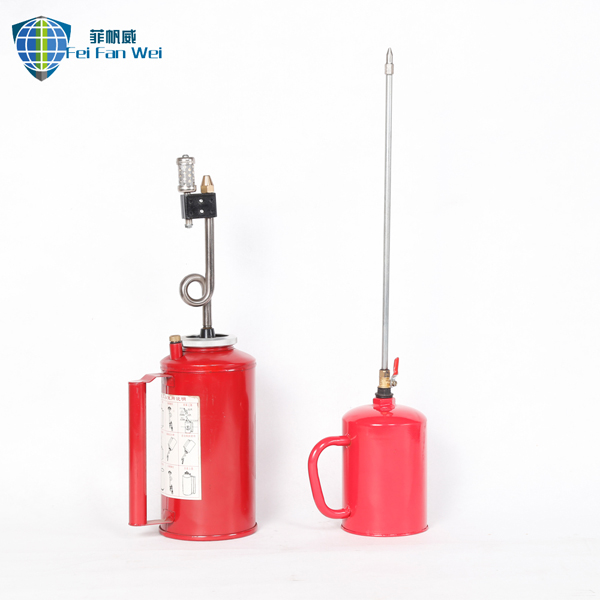
Why this category is trending
Prescribed fire programs are scaling worldwide—more acreage, tighter burn windows, and, ironically, more documentation. Crews want lightweight, low-maintenance torches that don’t leak in the truck bed and don’t clog halfway through a contour line. It seems that this series (1L, 2L, 3L, 5L) hits that sweet spot: simple construction, easy parts, predictable flow.
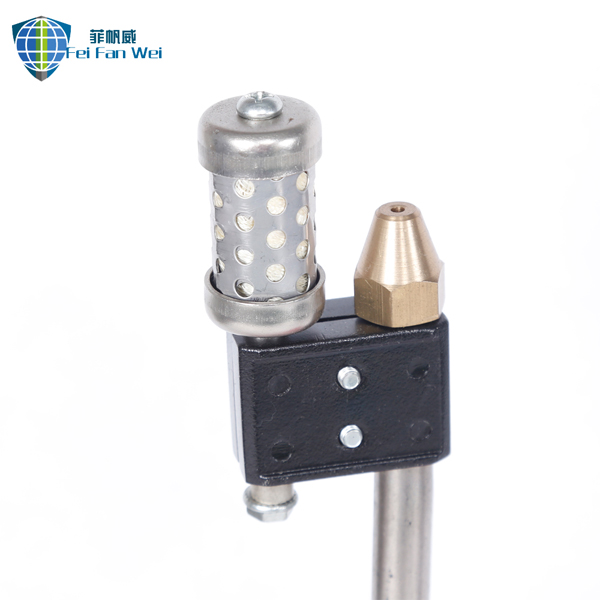
At-a-glance specifications
| Model | Capacity | Empty Weight ≈ | Material / Finish | Flow Rate ≈ | Wick |
|---|---|---|---|---|---|
| [Drip Torch(1L] | 1 L | 0.9 kg | Aluminum alloy 5052-H32 / red powder coat | 0.25–0.35 L/min (real-world use may vary) | Fiberglass insert |
| 2L / 3L / 5L | 2 / 3 / 5 L | 1.0–1.6 kg | Same | Scaled by orifice and head pressure | Same |
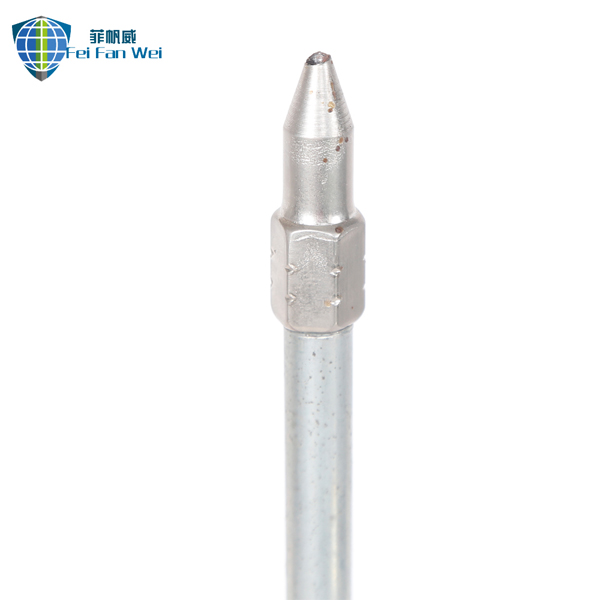
Materials, process, and QC (the nerdy bit)
-
- Tank: 5052-H32 aluminum (ASTM B209), seam-welded, powder coat 80–100 μm (ASTM D3363 hardness; adhesion per ASTM D3359).
- Safety loop: liquid seal design, keeps flame from flashing back—simple, effective.
- Vent: screw-type, introduces air at the bottom for steady draw; check valve tested to ≈30 kPa.
- Wick: fiberglass core for consistent ignition and slower degradation.
- Tests: pressure/soak leak (30 kPa, 10 min, 0 ml visible loss), salt spray 120 h (ASTM B117) on coated panels, drop test 1 m onto plywood—no tank breach.
Service life: around 5–8 burn seasons with normal maintenance—swap wicks, keep threads clean, don’t crush the loop. To be honest, many customers say the powder coat takes a beating but keeps the tank corrosion-free.
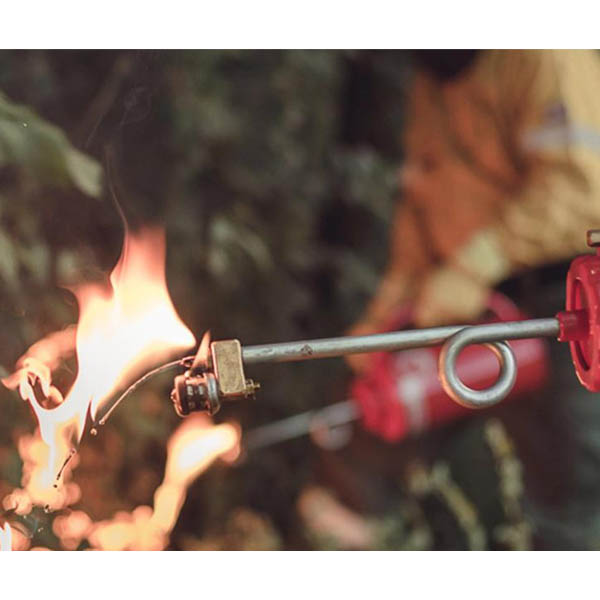
Where crews are using it
- Prescribed burns along roads and ridgetops; agricultural field edges; fuel breaks around infrastructure; invasive brush knockdowns; training blocks. I once watched a rookie calm down mid-burn just because the torch stayed lit in a gusty saddle—small thing, big day.
Compliance notes: follow NFPA 30 handling guidance for flammables, and local wildland standards (e.g., NWCG training) for ignition operations. Factory is ISO 9001:2015 certified (documentation available on request).
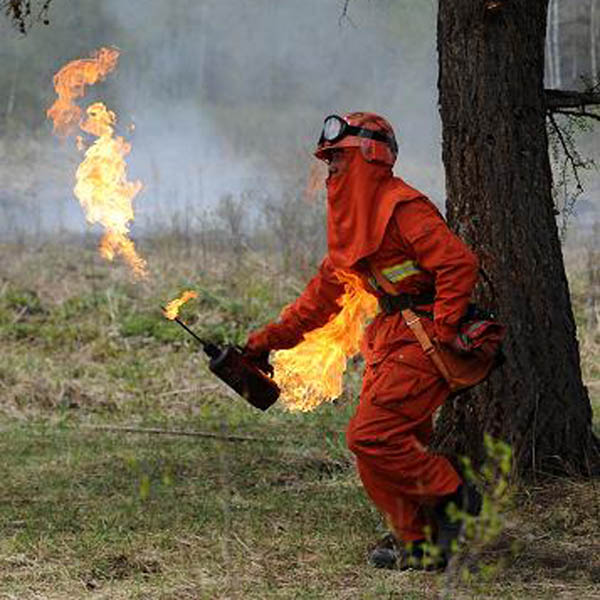
Real-world case snapshots
[Drip Torch(1L] on a 40-ha prairie Rx: three units rotated two 3L torches on the perimeter, one 1L for interior dot ignition. Average flow ≈0.3 L/min with 3:1 diesel:gas mix, no vapor lock, and yes—the loop stayed cool enough to touch (briefly).
Municipal greenbelt burn: 2L torches preferred for carry weight over 5L; feedback said the handle balance “felt right” on cross-slope ignitions.
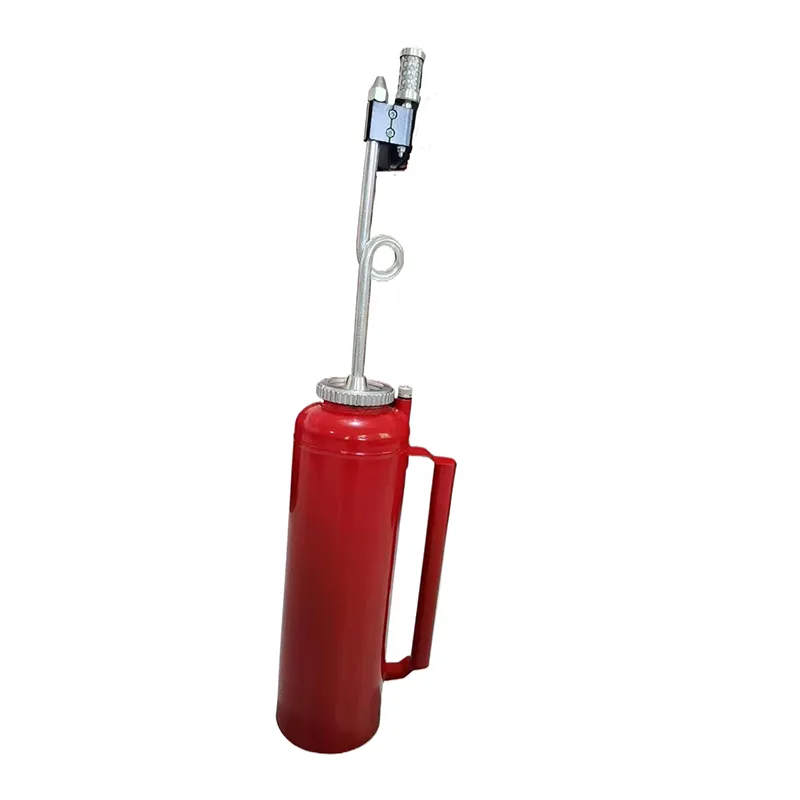
Customization
-
- Capacities: 1L, 2L, 3L, 5L; private-label color options; logo silkscreen.
- Wick kits, spare caps, loop geometry tweaks, and orifice sizes for different fuel ratios.
- Cartons with UN-style caution graphics if your logistics folks want clearer handling icons.
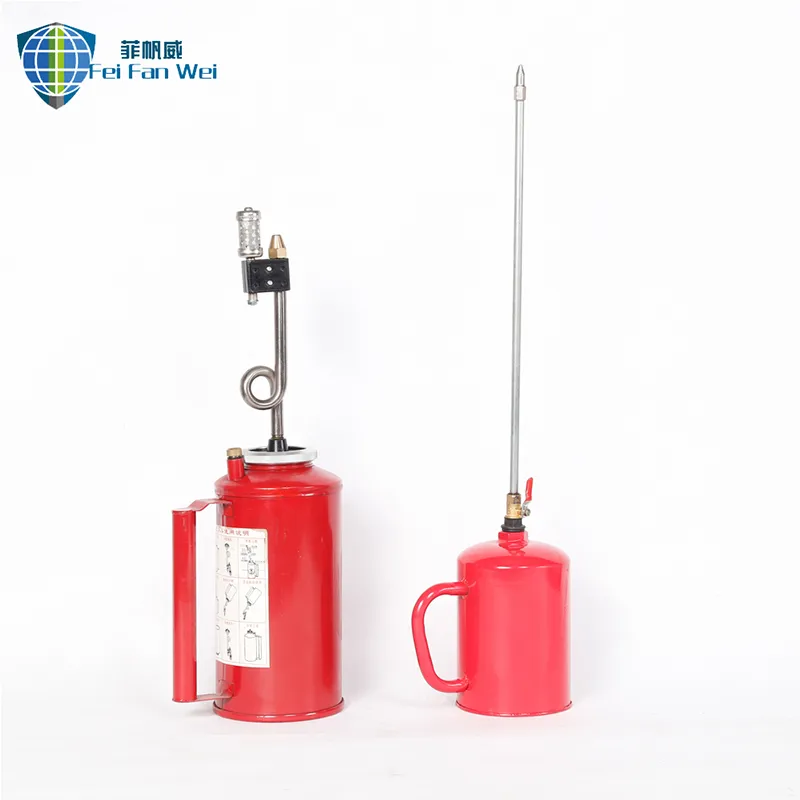
Vendor snapshot (what buyers usually ask)
| Vendor | Certs | Lead Time ≈ | Customization | Warranty |
|---|---|---|---|---|
| FFW Fire Safety (Origin: Hebei, China) | ISO 9001:2015 | 15–25 days | Color, logo, capacity, spares | 12 months |
| Vendor A | ISO 9001 | 25–35 days | Limited color | 6 months |
| Vendor B | ISO 9001 | 10–20 days | Logo only | 12 months |
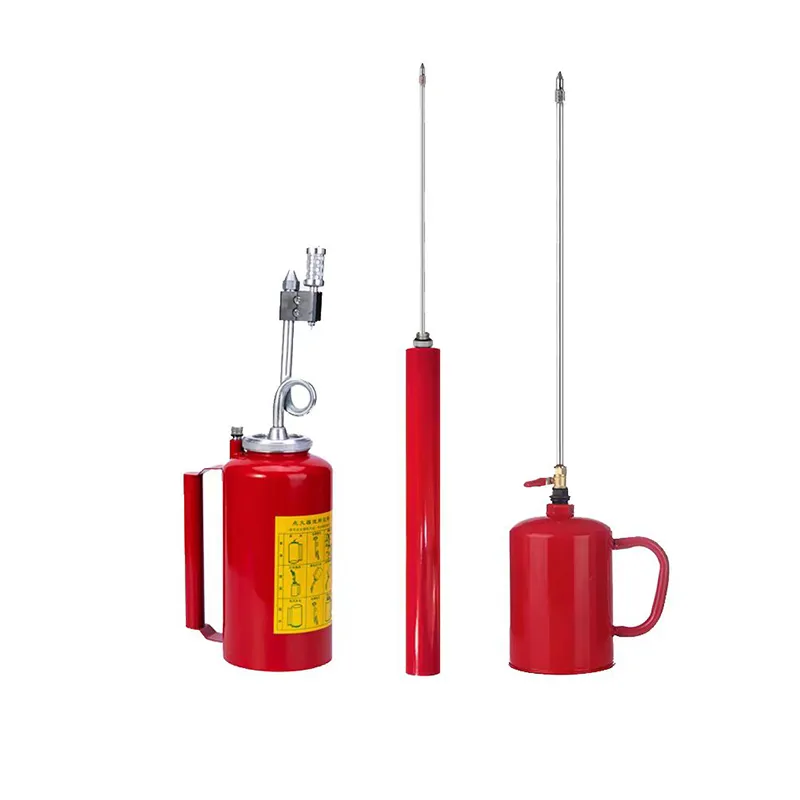
Final word: if you want a compact, tough torch for tight crews and tighter budgets, the [Drip Torch(1L] punches above its weight. Keep it clean, mind your fuel ratios, and it’ll take you through more than a few burn seasons.
Authoritative sources
- NFPA 30: Flammable and Combustible Liquids Code (National Fire Protection Association).
- NWCG guidance on ignition operations and prescribed fire training (National Wildfire Coordinating Group).
- ASTM B117, D3359, D3363: Common lab methods for coatings performance (ASTM International).









